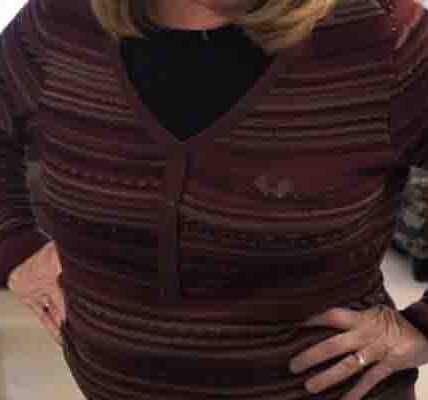Mom left when I was three, leaving me a nickname—“Mian”—and a few blurry memories. Fifteen years later, my half-sister Zara found me in a park with our mother, Naima, in tow. We didn’t hug; we sat and talked. Week by week, over coffee and small offerings—bread from her mother’s recipe—we peeled back silence. Forgiveness wasn’t a door; it was a hallway we walked slowly.
Dad found out and warned me to be careful. Then Zara called: Naima had relapsed—drinking, fighting, a plate thrown. I confronted Naima; she didn’t lie. While she spiraled, I stepped in for Zara—rides, study help, a couch when home got loud. Dad quietly set out an extra bowl of stew and said, “I don’t want her punished for her mother’s choices.”
Naima checked herself into rehab and wrote that she didn’t expect the title back—just gratitude for meeting the man her baby became. After rehab, she chose small, steady changes: volunteering, a part-time job, amends without speeches. At Zara’s birthday, Dad came. He and Naima traded careful thanks—no bitterness, just something like peace.
Two years on, Zara’s in nursing school, Naima helps at a women’s shelter, and Dad invites her for holidays. We’re not a fairy tale, but the air stays easy. I’ve learned people aren’t just their worst act; some disappear broken and come back willing to do the work. Forgiveness doesn’t erase—it chooses peace with accountability and makes room for more chairs at the table. Our family used to be the story of who left; now it’s also the story of who returned—and who stayed so there was something to return to.


